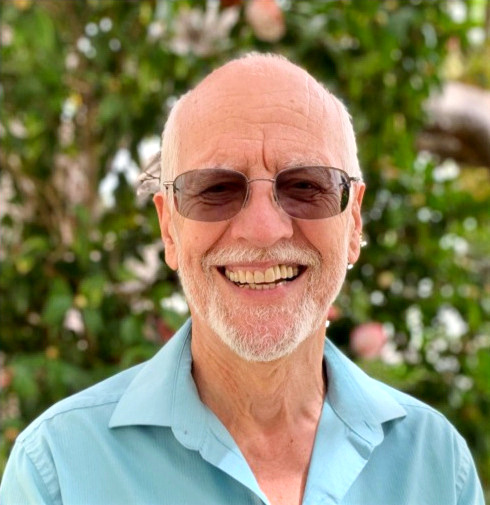- Connard Hogan

- Mar 16, 2022
- 2 min read
Updated: Aug 26, 2022
Bottom line: Publishing a book is as difficult as writing one . . . marketing it even worse.

Holding the original paperback proof copy of my first published memoir, Once Upon a Kentucky Farm: Hope and Healing from Family Abuse, Alcoholism and Dysfunction.
First published memoir, you ask? Yes, I have one more, maybe two more, but they will come later, fingers crossed.
Right now, most of my efforts are focused on "weening my first full-length literary offspring," which may take a good six months. By that I mean, there is a load of marketing to be done in order to provide my book the best opportunity to thrive. To say that writing, publishing and marketing my literary baby has been a personal challenge would be an understatement. As a writer, I'm busy as ever since my retirement as a therapist.
It took me about five years to complete writing this book, which served to some extent as a cathartic healing process along my recovery journey, and with help of my late Uncle James along the way, who provided some corrections of details.
Then came the professional editing, by that I mean paying a pro to "work it over." I consider that a worthwhile process, as my editor for this manuscript, Dale Griffiths Stamos, suggested I alternate the chapters of home and farm, which heightened the differences of intensity of those two environments.
Next came the on-going, and never ending, process of growing a social media platform, a valuable leg of current day marketing. I appreciated Rachel S. Thurston's assistance in guiding me through my website development, which continues regarding my book launch.
Once I'd completed my website, I saw no reason to continue procrastinating on publication, and contracted with Authority Publishing to do the "dirty work" required to get my manuscript into book form. I'd grown leery of the agent acquisition process, and concluded time's a-wastin'. It has seemed a lengthy process, though only about five months for Chela, my coordinator at Authority Publishing, with some work on my part, to get all the little ducklings in a row. Now in hindsight, however, it feels the process has zipped by. But then, maybe my experience with COVID skewed my perspective!
I have to share how deeply touched I've been by the wonderful book blurbs I received. Those blurbs are included in the book, but I'll share a portion of one written by award-winning author of A Few Minor Adjustments, Cherie Kephart: “Deeply personal and written with heart . . . shines a light on the many levels of trauma . . . radiates a deep understanding of the importance of moving beyond our painful circumstances. . . .”
I have to say I've learned a lot in shepherding my manuscript to publication, though I'm sure I'll learn much more as I tackle new and different ways to "inform the world about my literary baby."
BTW, as one of my "connections," you're assistance is requested, such as, reading my book, then writing a good review on my Amazon Book page, writing and posting on social media, and passing "the word" to your family and friends. Whatever you can do will be greatly appreciated.
Walk in beauty.
Photo Credit: Janet, my wife


